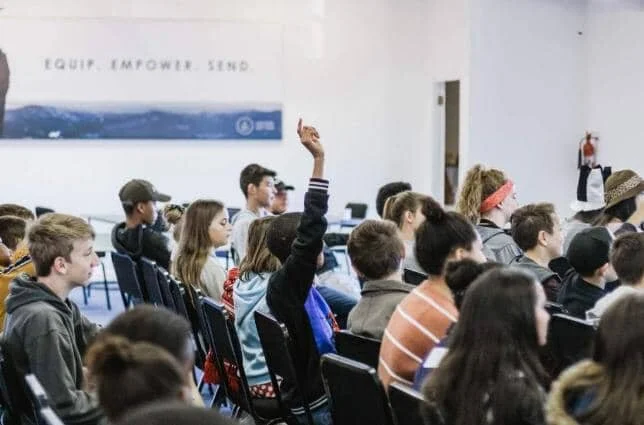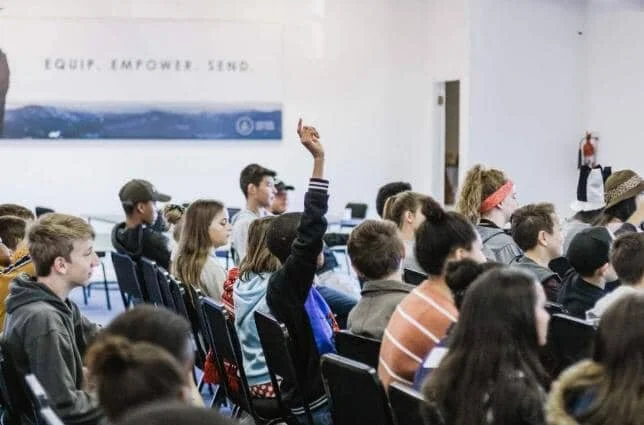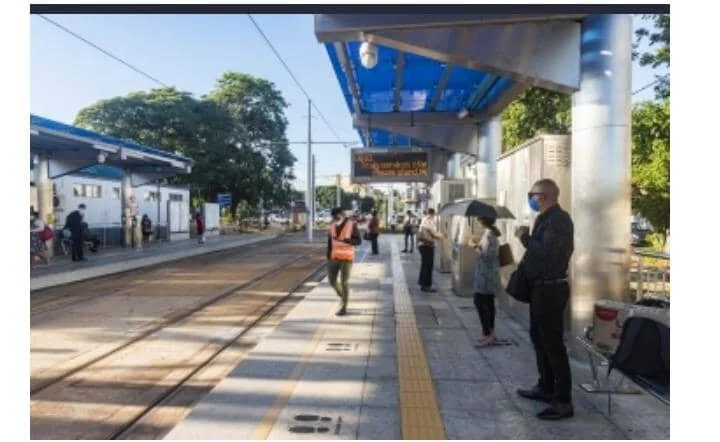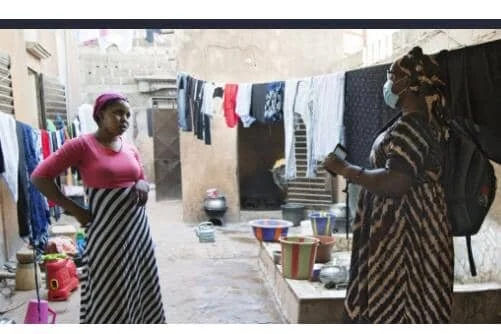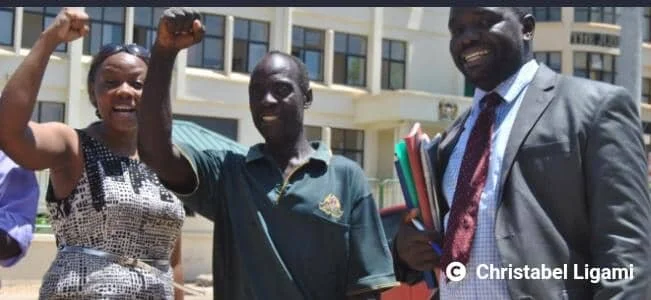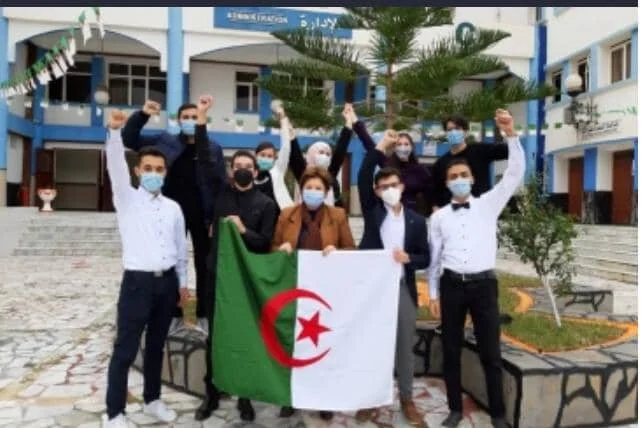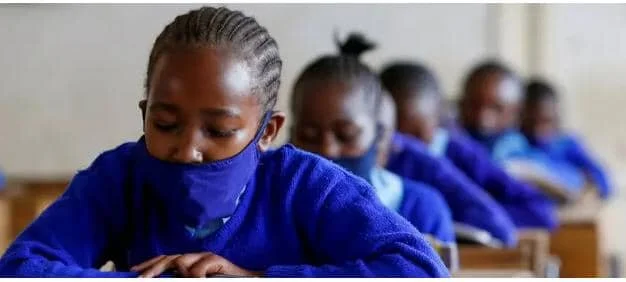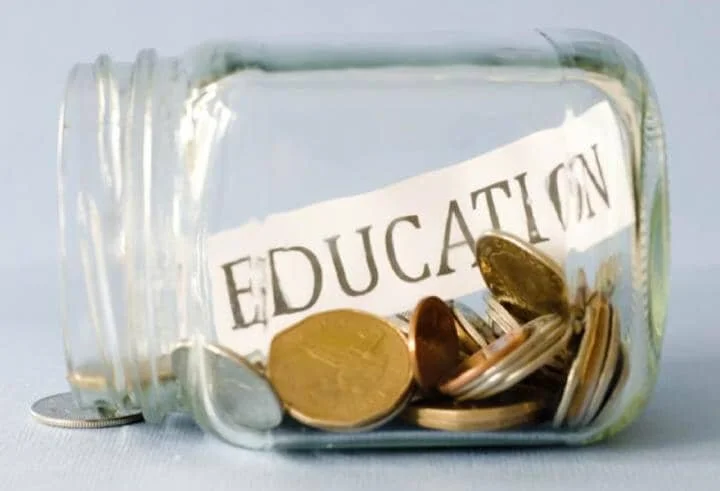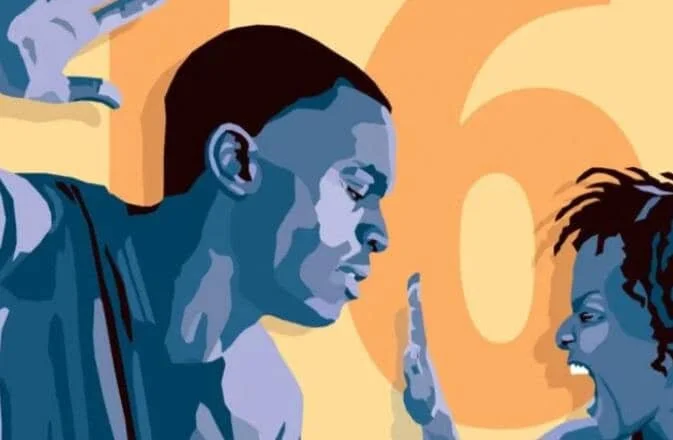The 8th Global Youth Forum was held online via Zoom on 24-25 October 2020, assembling 36 participants from 18 different countries. The main subject Acting on the Earth Charter allowed a rich exchange between young people and experienced professors, creating solutions and sharing awareness about several risks we are facing as a community, like the climate crises or social disparities.
Global Youth Forum 2020: Day 2
The second day of the youth forum was introduced by Dr. Roberto Savio, Director of ECPD International Relations, prominent journalist and publisher of The Other News - Voices against the tide. Dr. Savio outlined that we are living in a time of transition, a time where globalization has become the main economic engine, where capitalism defines the new liberalism, and that it is time for us to rethink our neoliberal capitalist development model, due to its many negative outcomes. Globalization reinforces the gap between rich and poor.
Social, Environmental Factors Seen Behind Africa’s Low COVID-19 Cases
The pandemic has largely been in a younger age group and has been more pronounced in a few countries, suggesting country-specific aspects are driving the pattern of disease and death. COVID-19 transmission in Africa has been marked by relatively fewer infections, which have been on the decline over the past months, owing to a variety of socio-ecological factors as well as early and strong public health measures taken by governments across the region.
Why AU Should Push For Equitable Access To COVID-19 Vaccines
The first initiative is the COVAX Facility, a global initiative that brings together governments and manufacturers to ensure that COVID-19 vaccines reach those in greatest need. This initiative has the potential to benefit African countries if it succeeds in getting sufficient vaccine supplies at affordable prices that minimize debt. The proposed waiver would allow all countries globally to collaborate on the COVID-19 response, including vaccine development and distribution, without being unduly hampered by the complexity of laws and restrictions governing intellectual property.
Community Health Workers: The Unsung Heroes In Africa’s COVID-19 Response
The WHO defines Community Health Workers (CHWs) as lay people who live in the communities they serve and who function as a critical link between those communities and the primary-healthcare system. In Africa, they provide low-cost interventions for common maternal and pediatric health problems such as pneumonia, diarrhea, undernutrition, malaria, HIV, measles and now COVID-19. They also assist with immunization.
Kenyan Coastal Community Defeats Lead Polluter In Court
It was touted locally as one of the biggest campaigns of the decade when, in 2016, Kenyan environmentalist Phyllis Omido took up the fight against lead poisoning by a lead-acid batteries recycling smelter in Owino Uhuru slum, in the coastal city Mombasa. Ms. Omido, who led a campaign to close the smelting factory in 2014, worked through CJGEA to bring the case to court in 2016, seeking compensation and justice for those affected by the lead poisoning in the Owino Uhuru slum after several failed attempts to negotiate and settle with the government and other entities involved.
Shedding Light On The Hopes And Challenges Of Algerian Youth
Injaz(Arabic for achievement) is patterned after a US-based youth organization, Junior Achievement, which operates in many African countries, including Ghana, Nigeria, Tanzania, as well as in other regions of the world. Ms. Jaber, the Jordanian-born executive who now lives in Algeria, wanted to offer young people in Africa the opportunity to develop their business leadership skills, including business planning, critical thinking, and effective communication.
Businesses Are Critical Partners In Advancing Girls’ Education. Here Is Why
In a recent dialogue on girls’ education, hosted by GPE and the UK’s Foreign, Commonwealth, and Development Office, Ministers of Education from GPE partner countries and business executives from major regional and global companies came together to discuss how the business community’s initiatives around girls’ education could be aligned to national education priorities.
Education Funding, Philanthropy And COVID-19: What Next?
The COVID-19 pandemic has profoundly challenged education systems around the world and is fast-tracking the exploration of new approaches in education delivery. But this drive for change and systems adaptation is conditioned by human and financial resources. In this context, the responses of private philanthropy and official development assistance (ODA) donors have stirred up considerable interest.
Let’s All Unite To End Violence During COVID-19 And Beyond
Violence against women and girls is a global human rights challenge. The COVID-19 pandemic has further exposed this issue as a global emergency requiring urgent action at all levels, in all spaces and by all people. Today we will hear from the Member States about just some of these promising practices, ranging from funding and support for critical services and innovative justice sector responses to awareness campaigns that challenge harmful gender stereotypes and norms.


